SUVA, Fiji – Starting today until the end of September, kawakawa and donu must not be collected, sold locally or exported. The Ministry of Fisheries can now confiscate any kawakawa and donu being sold in Fiji and sellers could face fines.
The ban follows a public notice issued by Fiji’s Ministry of Fisheries early last week announcing a legal ban on these fish during their peak spawning season, June through September.
The ministry implemented a grace period notifying sellers that any stock caught or bought prior to the issuing of the public notice must be sold on the local market by 11 p.m. yesterday or frozen for the duration of the spawning season.
All frozen fish that remains unsold must now be bagged and labelled with the name of the fisherman or vendor as well as the date it was received. Sellers must also notify the Ministry of Fisheries in writing of the quantity of any remaining frozen stock which must be made available for inspection.
The frozen fish stock must be stored and cannot be sold prior to 1 October.
Anyone caught not complying with the ministry’s regulations is commiting an offence and could face steep penalties.
According to the Ministry of Fisheries close to 80 per cent of Fiji’s known kawakawa and donu breeding sites are either declining or have died out.
In 2014, the ministry launched the 4FJ campaign with support from regional communications NGO, cChange, to highlight the rapid decline in size and numbers of Fiji’s kawakawa and donu.
The wide public support for the campaign provided the foundation for the Ministry of Fisheries to pursue the legal ban on the commercial collection and sale of these fish during the peak breeding months.

